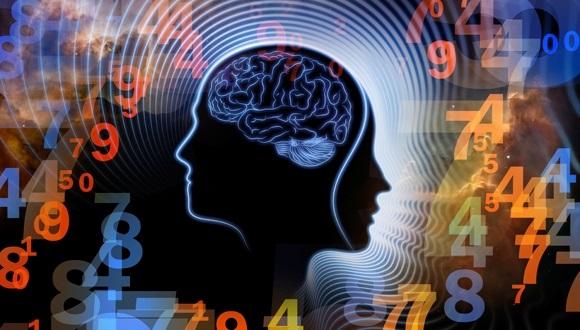סמינר מיוחד של החוג לגנטיקה מולקולרית של האדם וביוכימיה
Dept. of Human Molecular Genetics and Biochemistry
Dept. of Human Molecular Genetics and Biochemistry
החוג לגנטיקה מולקולרית של האדם ולביוכימיה
You are cordially invited to a seminar of the
Department of Human molecular Genetics and Biochemistry
Sackler Faculty of Medicine
Topic:
The diverse cellular and molecular mechanisms driving neuronal and axonal degeneration
Aberrations in protein folding, processing and degradation are common features of neurodegenerative diseases, resulting in their accumulation. Amyotrophic lateral sclerosis (ALS) and frontotemporal dementia (FTD) are two neurodegenerative diseases that share genetic and neuropathological features. The most common genetic cause of both ALS and FTD is a hexanucleotide repeat expansion in the C9orf72 gene. In both diseases aggregation of the protein TDP-43 is the major pathological hallmark. How the C9orf72 hexanucleotide repeat expansion and the TDP-43 protein accumulations contribute to neurodegeneration is largely unknown. To study the cellular mechanisms driving neurodegeneration, I developed a platform to interrogate the chromatin accessibility landscape and transcriptional program within neurons in response to pathogenic protein accumulation. I provide evidence that neurons expressing the dipeptide repeat protein poly(proline-arginine), translated from the C9orf72 nucleotide repeat expansion, activate a highly specific transcriptional program, exemplified by a single transcription factor p53. Ablating p53 in mice completely rescued neurons from cell death and axonal degeneration and markedly increased survival in a C9orf72 mouse model. Furthermore, p53 reduction was sufficient to rescue C9orf72 ALS patient iPSC-derived motor neurons from degeneration. Mechanistically, p53 is stabilized, binds to DNA and activates a downstream transcriptional program, including Puma, which drives neurodegeneration. These data demonstrate neurodegenerative mechanisms are dynamically regulated through transcription factor binding events controlling gene expression programs and provide a framework to apply chromatin accessibility and transcription program profiles to neurodegeneration.
Maya Maor Nof, Ph.D
Genetic Department at Stanford University School of Medicine, California USA
The Seminar will take place on:
Tuesday, January 11th, 2022 at 14:15 PM,
Sackler Faculty of Medicine Building, Room 201.


